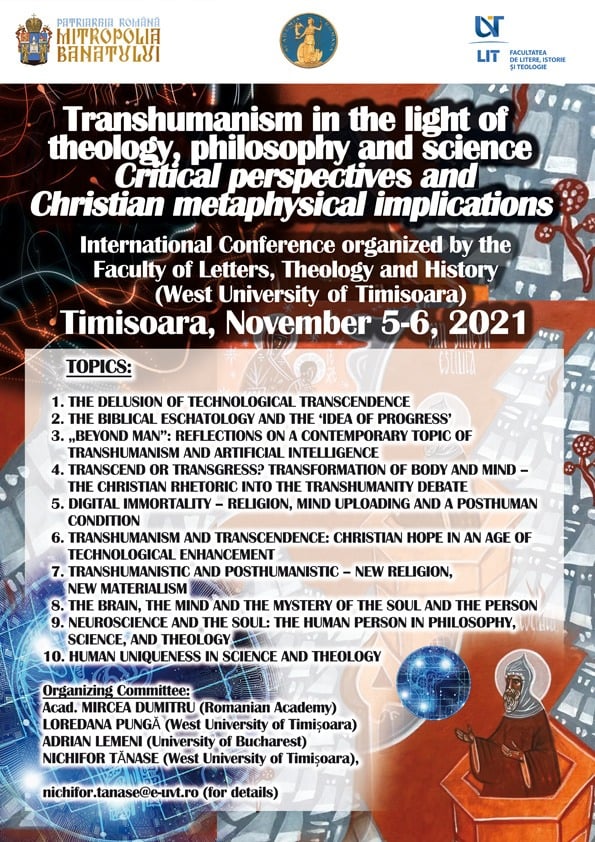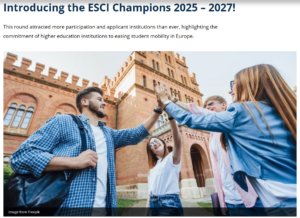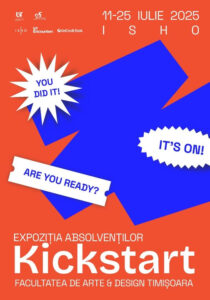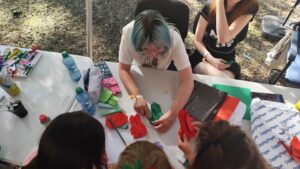Faculty of Letters, Theology and History of the West University Timisoara will organizes the International Conference with the topic “Transhumanism in the light of theology, philosophy and science – critical perspective and Christian metaphysical implications” (Timișoara, November 4-7, 2021). In this academic event we will bring the transhumanist ideal into conversation with modern philosophy and Christian theology. We are inviting you to participate in this conference to examine, from the perspective of philosophy and theology, the recent cultural movement calling itself transhumanism, that combines biology with technology, enhancing our bodies and brains with scientific innovation, seeking to overcome the limitations of our flesh.
The dialogue between science, theology and philosophy lately has managed a notable move in a fresh creative direction. This is owed largely to his principal aim of juxtaposing the conventional modern philosophical and cosmological concerns with the theological ideas and methods of the early Church Fathers. Therefore, the main objective of this conference is to advance the science and theology discourse along an existential route, employing Patristic ideas toward a new synthesis with modern philosophy and science and, thus, to locate scientific knowledge and faith as twin activities of the contemporary shared human subjectivity.
Technology has become constitutive of the identity of modern human being. The incorporation of technology into human self-understanding has alarmed both theologians and secular humanists – technology applied to the inner life dehumanizes us. No amount of increased intelligence will redeem us from what the theologians call sin. Human nature is not capable of changing through the augmentation of intelligence. There is here a confusion of sociological evolution with spiritual progress.
The theologian looks forward to the divine transformation or deification, and not to enhance human intelligence through technological augmentation. A full answer to the problems inherent within the dream of transhumanism would have to include a revaluation of personhood. There is a theological response that will be shared by all Christians: the human person is made in the image of God.As the debate grows in urgency, how should theology respond? The scholars that have joined for this conference are voices that together want to bring fresh insight into the technologies that are already reshaping the future of Christian life and hope. Technological dehumanization versus God’s promise for ultimate transformation (theosis) – this is the debate about.
What will Christian theology to the transhuman ideal, as a kind of alternative story of salvation? Transhumanism can mean overcoming our garment of flesh, and the reformation of human knowledge through the sciences also means to fight against the Fall of man, resembling a nature rivaling its creator.
This calls on Christians to understand and engage with some of the deep issues facing the church in a technological, transhumanist future and to considers how technology can help or harm genuine spiritual transformation. Are there theological insights and spiritual practices that can help Christians face the challenge of living in a technological world without being dangerously conformed to its values? This calls on the Christians to understand and engage with the deep issues facing the church in a technological, transhumanist future.
Is this transhumanist belief (their faith and trust in a combination of biological evolution and technological progress) acceptable to contemporary science? Perhaps not. But, we can do here a theological and philosophical critique of it. Christianity is the real challenge to transhumanism, not the other way around.
KEYNOTE SPEAKERS:
RONALD COLE-TURNER (H. Parker Sharp Professor of Theology and Ethics, Pittsburgh Theological Seminary)
GEORGE KHUSHF (Professor of Philosophy, Director of the Center for Bioethics, University of South Carolina)
ANDREW NEWBERG (Director of Marcus Institute of Integrative Health, Thomas Jefferson University, Philadelphia, PA)
PHILIPPE GAGNON (Chaire Sciences, technosciences et foi à l’heure de l’écologie intégrale, Université Catholique de Lille)
WILLIAM GRASSIE (Director of Metanexus Institute, Philadelphia)
JAMES LAWRENCE (Faculty of Theology and Religion, University of Oxford)
YANNICK IMBERT (Doyen, Professeur d’apologétique, Faculté Jean Calvin, Aix-en-Provence)
CHRISTOPHER KNIGHT (Institute for Orthodox Christian Studies, IOCS Cambridge)
MIRCEA DUMITRU (Romanian Academy & Faculty of Philosophy, University of Bucharest)
ȘTEFAN CÂRSTEA (National Institute of Physics and Nuclear Engineering IFIN-HH)
ADRIAN SORIN MIHALACHE (Director of the Center for Interdisciplinary Research on Religion and Science, University of Iași)
COSTEA MUNTEANU (Faculty of International Business and Economics, Bucharest University of Economic Studies)
NICU GAVRILUȚĂ (Faculty of Philosophy and Social-Political Sciences, University ”Alexandru Ioan Cuza” Iași)
ȘTEFAN TRĂUȘAN-MATU (Computer Science, University Politehnica of Bucharest)
ADRIAN LEMENI (Faculty of Orthodox Theology, University of Bucharest)
CLAUDIU MESAROȘ (Faculty of Political Sciences, Philosophy and Communication, West University of Timisoara)
ALIN GAVRELIUC (Faculty of Sociology and Psychology, West University of Timisoara)
SORIN MUȘUROI (Politehnica University of Timisoara)
NICHIFOR TĂNASE (Faculty of Letters, Theology and History, West University of Timișoara)GABRIEL KELEMEN (Faculty of Arts and Design, West University of Timişoara)






